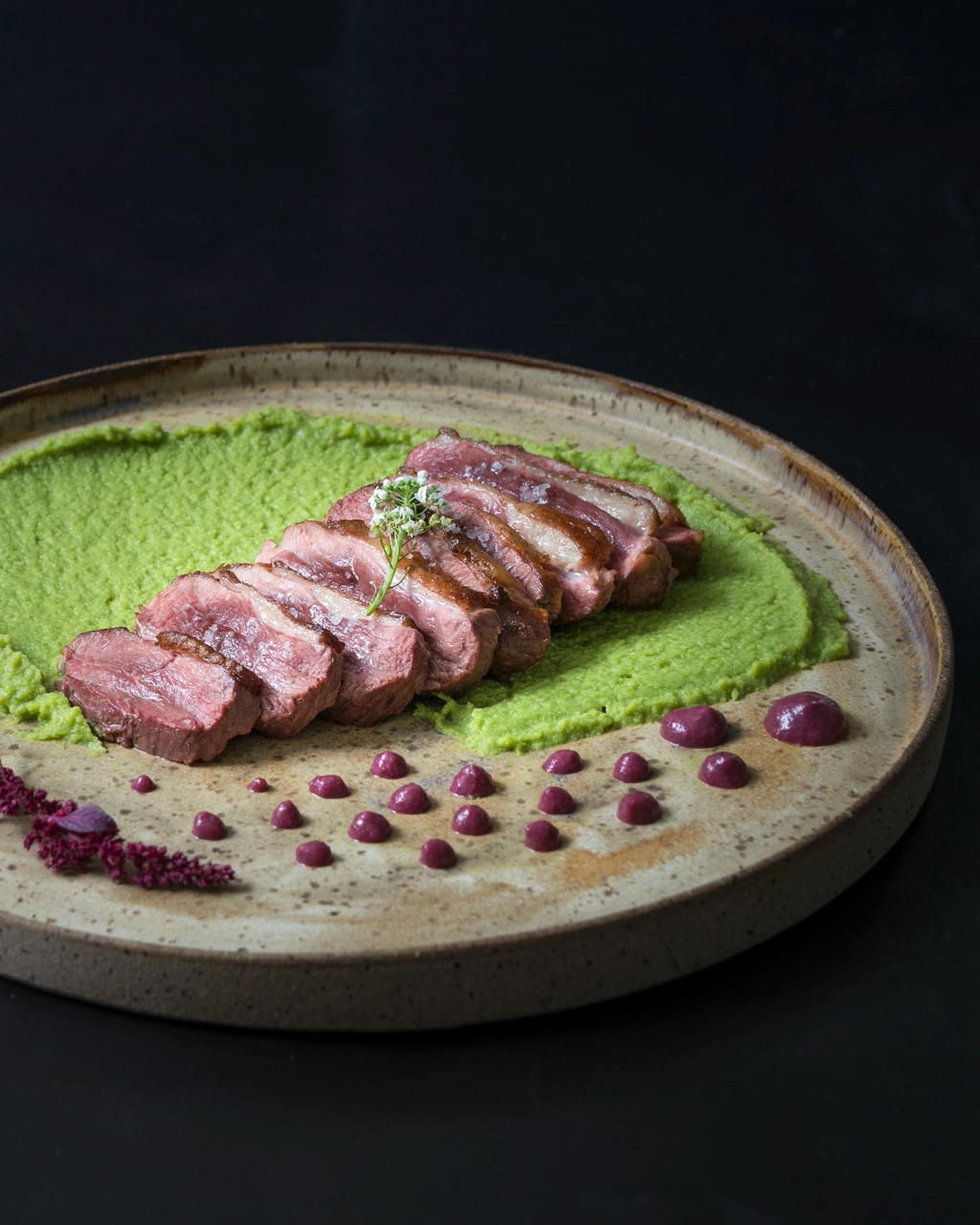DIY Pet Food Fails: How Well-Meaning Pet Parents Accidentally Harm Their Furry Friends
Did you know that 65% of pet owners who switch to homemade diets think they’re doing right by their pets—only to later discover they’ve missed critical nutrients? Take it from Sarah, a golden retriever owner who proudly fed her pup a “farm-fresh” diet for months… until a vet visit revealed severe calcium deficiency. “I thought I was giving him the best life,” she admits. “Turns out, I was starving his bones.”
Let’s face it: whipping up DIY pet food isn’t as simple as swapping kibble for chicken and carrots. And the stakes? Far higher than a bland meal.
1. “But My Dog Loves It!” – The Trap of Taste Over Science
Picture this: You’re tossing your dog a gourmet sweet potato-and-salmon bowl. They devour it. Tail wags. You feel like a hero. What could go wrong?
Plenty, actually. Pets are masters at hiding dietary gaps until it’s too late. As Dr. Karen Becker, a proactive wellness vet, explains: “Dogs will happily eat cardboard if it’s coated in bacon grease. Appealing taste ≠ balanced nutrition.” Case in point: A 2021 study found 83% of homemade dog diets lacked adequate zinc, a mineral critical for immune health.
Here’s where things get tricky: Even “healthy” human staples (like spinach or raw eggs) can interfere with nutrient absorption or harbor bacteria. Sure, your pup’s enthusiasm is heartwarming—but would you let a toddler design their own meal plan?
2. The “Google Recipe” Gamble: Why One-Size-Fits-All Is a Myth
You’ve probably stumbled onto that viral blog post: “The Ultimate DIY Dog Food Recipe!” Cue eye-roll.
The truth? There’s no universal recipe. A Great Dane’s needs differ wildly from a Chihuahua’s, and that “perfect” online formula might ignore your cat’s thyroid condition. Take it from Mike, who followed a popular grain-free recipe for his border collie—only to trigger a vitamin D overdose. (“I didn’t realize salmon every day was a problem!”)
Critics argue, “But wolves eat raw meat!” True—though wolves also consume entire prey (organs, bones, fur) and live half as long as domestic dogs. Modern pets? They’re more like marathon runners who need tailored fuel, not cave-dweller leftovers.
3. The Supplement Sinkhole: When ‘Natural’ Goes Too Far
Ah, supplements. The wellness world’s shiny object. Sprinkle some turmeric! Add coconut oil! Toss in chia seeds!
Hold up. More isn’t always better. Over-supplementing can lead to toxic imbalances—like hypercalcemia from too much bone meal or liver damage from excess vitamin A. (Fun fact: Polar explorers once died from eating sled dogs’ vitamin-A-rich livers. Grim, but a cautionary tale.)
And let’s not forget the “crunchy parent” paradox: While we avoid processed human snacks, many DIYers ironically rely on pre-mixed supplement powders… which are just processed nutrients in disguise. Irony, much?
4. “I’ll Just Wing It” – The Silent Danger of Guesswork
Ever eyeballed a recipe’s “cup” of chicken? Congrats—you’re playing calorie roulette. A 2018 UC Davis study found that over 70% of homemade pet foods had calorie counts either dangerously high or low, leading to obesity or malnutrition.
This isn’t just about weight. Portion errors affect medication efficacy, energy levels, and even joint health. Think of it like this: You wouldn’t pour random amounts of fuel into your car and hope for the best. Why gamble with your pet’s engine?
A thankfully happy ending:
Sarah’s golden retriever recovered with a vet-designed plan. But her story begs the question: Are we projecting our food ideals onto pets—prioritizing trends over their biology?
Next time you dice that organic kale for Fido’s bowl, ask yourself: Am I nourishing him… or just my own sense of virtue?
Look before you leap:
Please check out our Dog Recipe Generator or Cat Recipe Generator to assist if you want to get started with healthily portioned, homemade pet food.
If you want to go that extra mile before you ditch commercial food, maybe consider investing in a vet nutritionist consult (yes, they exist!). Or try services like BalanceIT, which formulate recipes based on your pet’s blood-work. Because loving your loyal best friend isn’t just about good intentions—it’s about making sure you use good science to prevent kiling them with kindness (literally).


Leave a Reply
You must be logged in to post a comment.